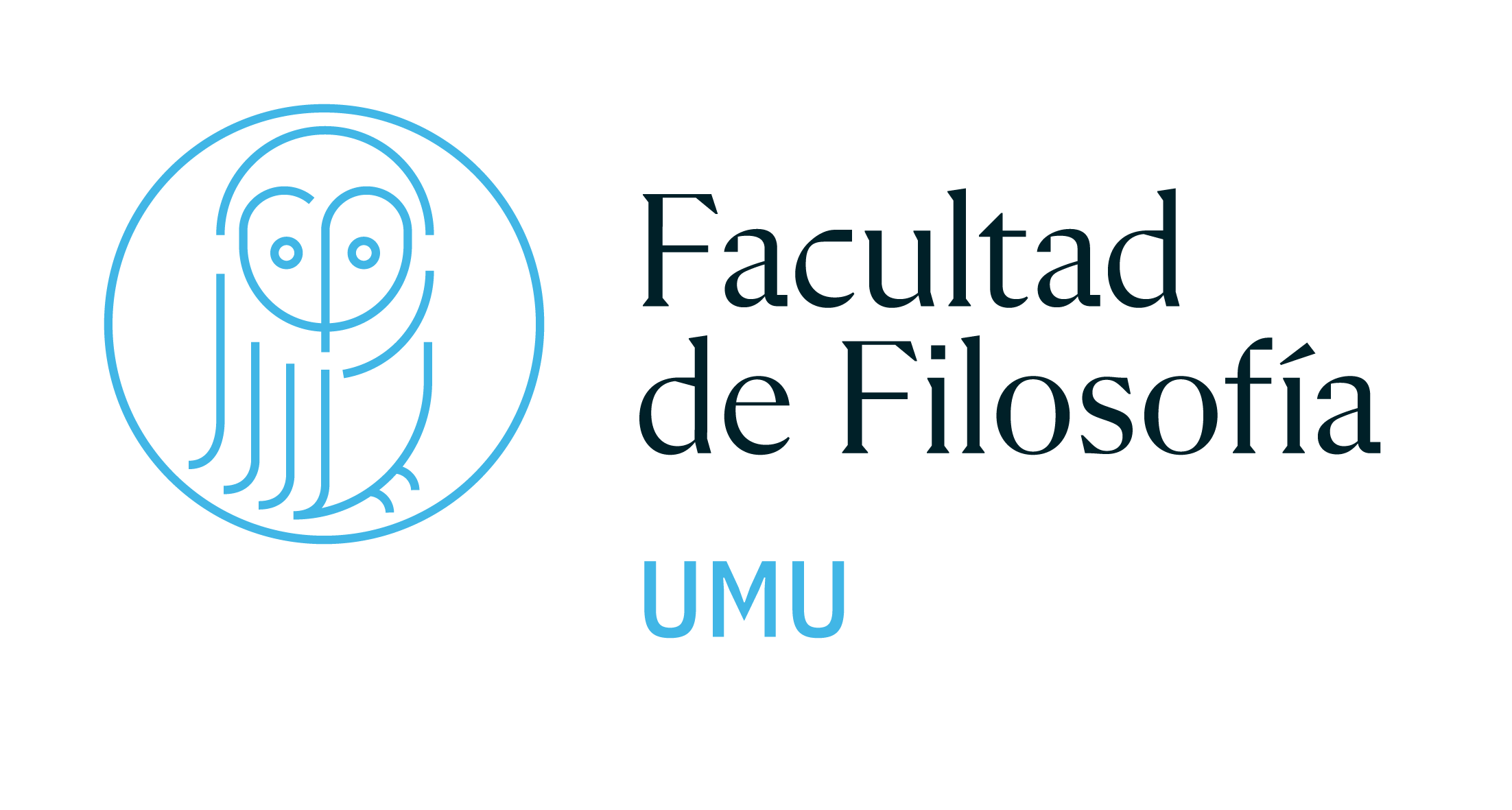null Kalle Puolakka
Kalle Puolakka

Kalle Puolakka (Universidad de Helsinki)
Tipo de ayuda: “Convocatoria de Ayudas: Atracción de Talento para la realización de estancias breves de investigadores procedentes de universidades o centros de investigación extranjeros en la Universidad de Murcia, para el año 2021”
Título del proyecto: Growth and Trust in the Experience of Literature: A Philosophical Defence of Literary
Reading
fechas: 1/11/2121 hasta 18/12/2021
Resumen del proyecto:
This project responds to the growing worry over the decline of literary reading, by unifying research on experience, epistemology of literature, cognitive value, and trust in aesthetics, cognitive literary studies, Dewey’s pragmatism, and social epistemology into a unitary vision of the value of literary reading.
The research builds on the work of the philosophers who believe literary works can help readers understand different types of experiences by giving an inside feel of what it is like to have and undergo experiences, such as a loss or a disappointment. While numerous philosophers have argued that literature can be an important source of this kind of “experiential knowledge”, this idea of literary significance has rarely been supported with a systematic theory of experience and cognitive value. This is one of the important gaps in current research that this project seeks to fill. With insights drawn from Dewey’s philosophy of experience and cognitive literary studies, this project gives a better worked out view of the literary experiences behind experiential knowledge and of the ways in which literary engagements can result in knowledge about the inside feel of experiences. The nature of this process will be further elaborated with Dewey’s notions of inquiry and growth. The former explicates how experiential knowledge is in a way worked out from an initially inarticulate and dynamic literary experience and the latter shows what general cognitive significance this knowledge can have.
The project also investigates how readers are justified to take the perspectives, experiences, and other cognitive aspects of literary works epistemically seriously. This is a burning issue, given that literary works only rarely utilize such traditional means of justification as logical arguments and evidence. The project meets this challenge by developing a view of the role of epistemic trust and virtuousness in literature. Epistemic justification in this case amounts to weighing how authors’ literary outputs exemplify epistemic virtues that, according to social epistemologists, can justify our epistemic trust in others.This part also introduces the project’s most significant literary example, the work of Toni Morrison, who is argued to epitomize many of the qualities that allow us to place our trust in epistemically exemplary authors.
While previous philosophical examinations have approached the question of the cognitive value of literature primarily from the perspective of a single literary work, this project goes beyond this general tone, arguing that engaging with the entire oeuvre of an author has some distinctive cognitive outcomes. By gradually achieving an enriched sense of how, for example, Morrison develops her take on the key theme of her literary career – the experience of blacks in different points of American history – across her works from The Bluest Eyes(1970) to God Help the Child(2015), reading receives a long-term perspective, which is argued to open avenues of more substantial cognitive value compared to an engagement with a single literary work. The systematicity and thoroughness such literary engagement involves is also argued to be an important antidote to the fragmented experience spurred by our increasingly digitalizing culture.







